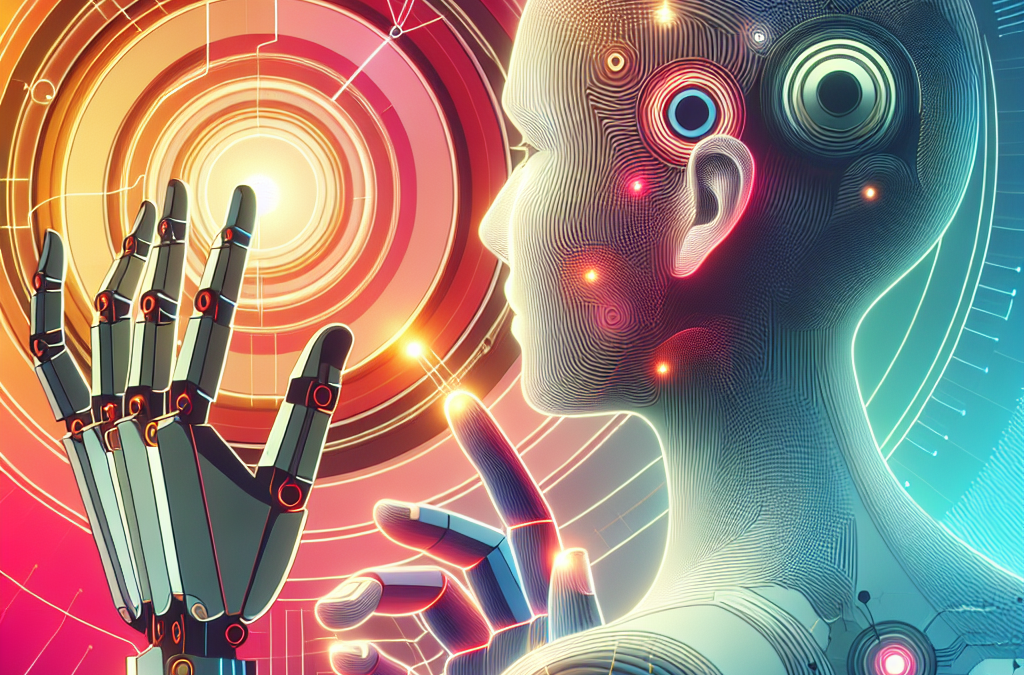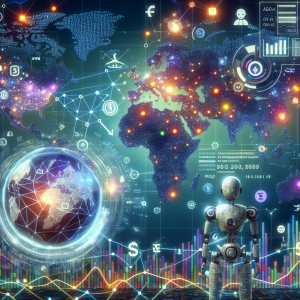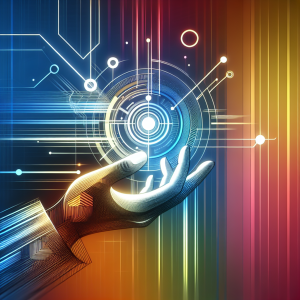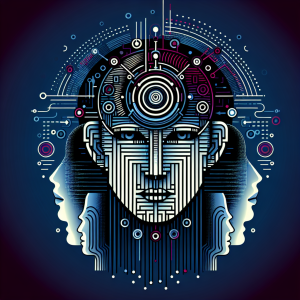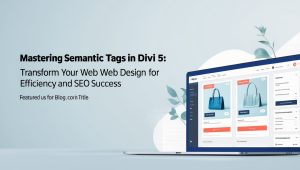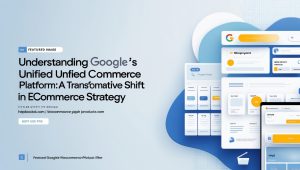As I sit here, staring at my screen, bombarded by yet another announcement about the future of artificial intelligence, I can’t help but feel a mix of excitement and trepidation. Google DeepMind’s roadmap for Artificial General Intelligence (AGI) is not just a technophile’s daydream; it’s a detailed instructions manual for what the next seven years could look like for marketers, SEO specialists, and content creators alike. 🌐
To summarize the essence of what the future holds: AI tools are set to evolve dramatically by 2030, and if you’re in marketing, you’re going to need to adapt or get left behind in the digital dust. I can just hear the skeptics now, muttering about “robots taking over” while I nod knowingly; yes, that may have been the plot of every sci-fi film ever, but let’s set our phasers to “realism” for a moment.
The implications of this roadmap are profound. Think back to when search engines were merely a tool for finding information in the labyrinth of the internet. They’ve since transformed into omnipresent guides— and now, with AI stepping into the ring, the mentality will need to shift yet again. What does this mean for SEO? I believe we are looking at a world where keyword stuffing and link farming are as antiquated as floppy disks. Google’s algorithms are becoming more sophisticated, more intuitive, meaning they will focus on understanding context, nuance, and user intent. You read that right: gone are the days of trying to trick the system with half-baked SEO tactics; the spotlight will be firmly on quality content that resonates with real human needs.
Of course, this doesn’t mean the keyword is dead—far from it. Keywords will still play a role, but they’ll become part of a larger strategy where conversational AI understands the essence of our queries rather than just the cold, hard data. Picture this: instead of simply typing in “best running shoes,” I can now simply ask my digital assistant, “Hey, what are the most comfortable running shoes for marathons?” and receive hyper-personalized recommendations based on the vast knowledge accumulated through machine learning. 😲
Now, let’s consider the landscape of content creation, which I find is perhaps the most fascinating yet daunting aspect of this transformation. With the rise of AI-generated content, we are teetering on a tipping point. On one hand, AI could potentially crank out vast amounts of content faster than I can consume a cup of coffee. On the other, there’s something irreplaceably human about storytelling—something that algorithms simply cannot replicate.
I know what you’re thinking: can AI genuinely understand the complexities of human emotion? Sure, it can analyze patterns and structure, but how authentic can it be when it generates a touching narrative about loss or triumph? I think we’re entering an arena where AI could fill the gaps, offering up more “data-driven” content, which could elevate the creative space for human writers who still believe that the heart of a good story lies not just in facts but in genuine human experience.
Meanwhile, advertising is transforming at a breakneck pace. Picture targeted ads that feel less like a desperate pitch and more like tailored recommendations from a well-meaning friend. This personalization—powered by AI—will enable marketers to reach their audiences with unprecedented precision. “What’s in it for me?” used to be the question at the heart of every marketing strategy. But as we move into this new realm, it’s clear that understanding the user’s journey and emotions will become paramount. If brands can wield AI effectively, they could cultivate relationships rather than simply transactions. After all, we humans have a knack for sniffing out disingenuous attempts. 🐕🦺
One will have to wonder, though, whether the relationships built in a world dominated by AI can feel as genuine. I mean, can a bot truly understand my longing for connection or my hesitation about binge-shopping on sale day? Perhaps, in this unfolding landscape, there will always be a place for people who genuinely understand and can empathize with the emotions fueling consumption.
As 2030 looms, it beckons with promises and challenges that will require both marketers and content creators like myself to adapt, innovate, and more importantly, to stay authentic. It’s a brave new world, folks. So, let’s don our digital armor and prepare for the ride.🎢 Who knows? Perhaps the key to thriving in this AI-driven landscape will be as simple as focusing on what makes us human; after all, in a world of algorithms, the real magic may just lie in human connection.

